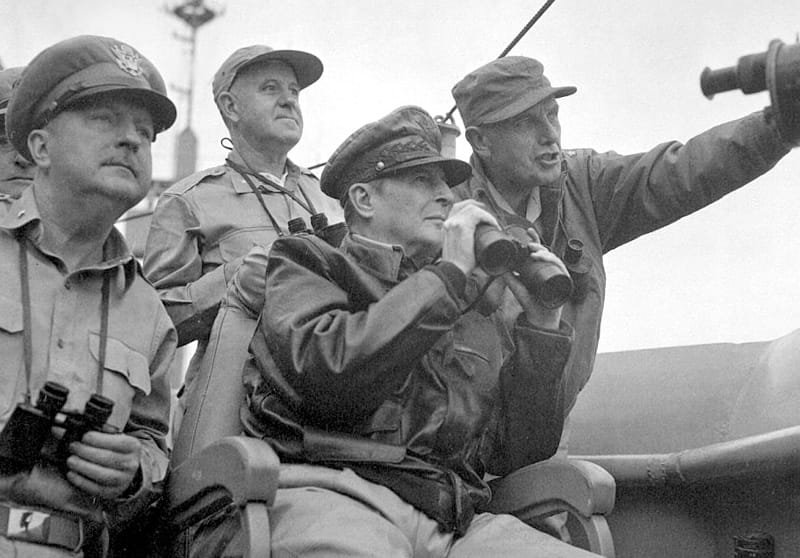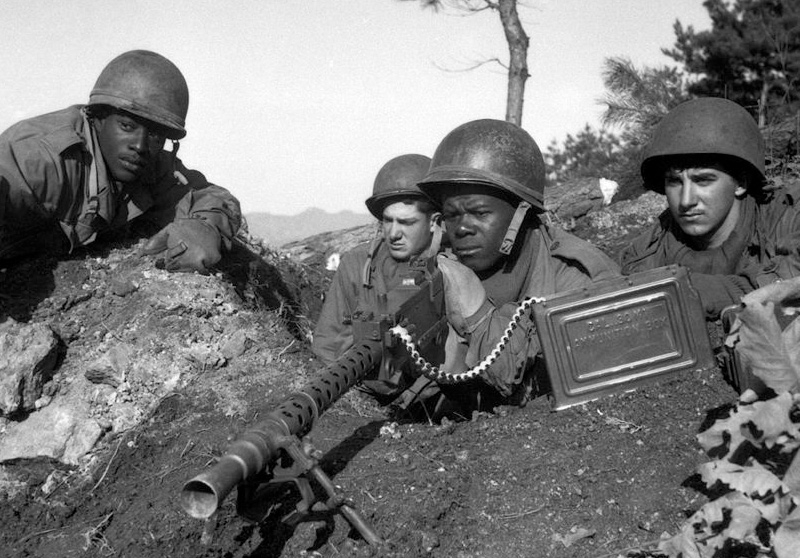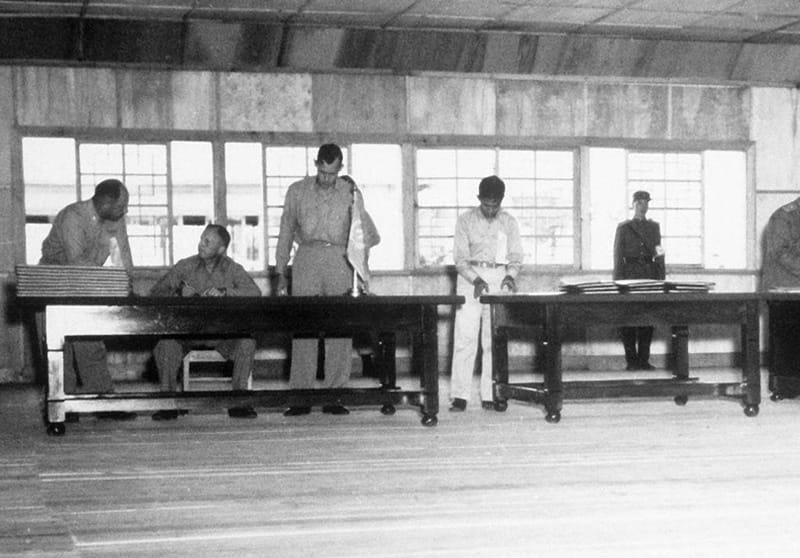General Douglas MacArthur was the commander of United Nations (UN) forces during the Korean War, serving from July 8, 1950, until April 11, 1951. He was an accomplished military strategist with a distinguished record in World War II, having commanded Allied forces in the Pacific theater. Despite his successes, MacArthur’s tenure as commander during the Korean War was marked by controversy and ultimately led to his dismissal.
MacArthur was a vocal advocate of expanding the war to China, believing that the Chinese intervention in Korea was part of a larger Communist plot to spread their influence in Asia. He also had a contentious relationship with President Harry S. Truman and often publicly criticized his decisions regarding the war.
In March 1951, MacArthur sent a letter to the Republican leader of the House of Representatives, which was critical of the president’s policy and suggested that he should be removed from command. Truman responded by relieving MacArthur of his duties and replacing him with General Matthew Ridgway.
Despite his dismissal, MacArthur remained popular among many Americans who saw him as a hero and defender of freedom. He went on to give a memorable farewell address to Congress, in which he famously declared “old soldiers never die, they just fade away.”
MacArthur’s leadership during the Korean War continues to be a topic of debate among historians and military experts. Some credit him with laying the groundwork for the eventual victory, while others argue that his aggressive strategies and disregard for civilian casualties ultimately undermined the war effort.
In any case, MacArthur’s legacy as a brilliant military strategist and controversial commander during the Korean War remains an important part of American history.
- The Battle of Midway: Turning the Tide in the Pacific - June 7, 2023
- The D-Day Operation of June 6, 1944 - June 6, 2023
- The B-29 that Changed History - June 4, 2023





